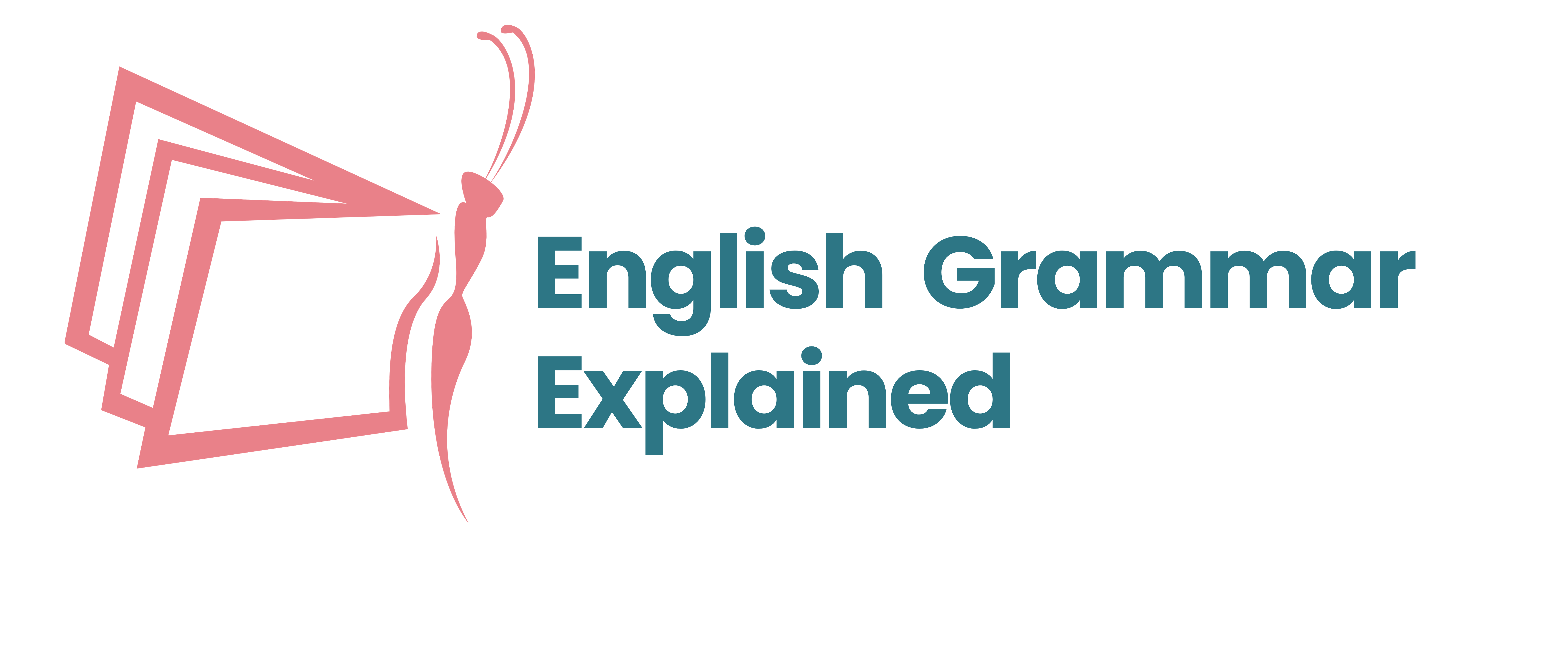What are the 16 Types of English Tenses?

Understanding verb tenses is like unlocking the secret code to effective communication in English. Tenses not only convey the timing of an action but also add depth and nuance to your language. In this blog post, we’ll explore the 16 types of verb tenses in English, breaking down each one with clear examples to illuminate their usage.
- Simple Present:
- Example: “She walks to the park every morning.”
- Example: “She walks to the park every morning.”
- Present Continuous:
- Example: “They are playing football in the backyard.”
- Example: “They are playing football in the backyard.”
- Present Perfect:
- Example: “I have visited Paris several times.”
- Example: “I have visited Paris several times.”
- Present Perfect Continuous:
- Example: “He has been working on the project for two hours.”
- Example: “He has been working on the project for two hours.”
- Simple Past:
- Example: “We traveled to Spain last summer.”
- Example: “We traveled to Spain last summer.”
- Past Continuous:
- Example: “She was studying when the phone rang.”
- Example: “She was studying when the phone rang.”
- Past Perfect:
- Example: “By the time we arrived, they had already left.”
- Example: “By the time we arrived, they had already left.”
- Past Perfect Continuous:
- Example: “They had been waiting for hours before the concert began.”
- Example: “They had been waiting for hours before the concert began.”
- Simple Future:
- Example: “I will call you as soon as I finish my work.”
- Example: “I will call you as soon as I finish my work.”
- Future Continuous:
- Example: “At this time tomorrow, we will be flying to London.”
- Example: “At this time tomorrow, we will be flying to London.”
- Future Perfect:
- Example: “By next year, he will have completed his degree.”
- Example: “By next year, he will have completed his degree.”
- Future Perfect Continuous:
- Example: “She will have been living in New York for ten years by next month.”
- Example: “She will have been living in New York for ten years by next month.”
- Present Subjunctive:
- Example: “It’s essential that he be present for the meeting.”
- Example: “It’s essential that he be present for the meeting.”
- Past Subjunctive:
- Example: “If I were you, I would reconsider my decision.”
- Example: “If I were you, I would reconsider my decision.”
- Future Subjunctive:
- Example: “I suggest that he attend the event next week.”
- Example: “I suggest that he attend the event next week.”
- Conditional Tenses:
- Example: “If it rains, we will stay indoors.”
Mastering the intricacies of English verb tenses is a pivotal step toward becoming a proficient communicator. Each tense serves a specific purpose, allowing you to convey actions with precision and clarity. As you navigate through the 16 types of tenses, practice and application will solidify your understanding. So, whether you’re recounting past experiences, describing current events, or envisioning future possibilities, a nuanced grasp of verb tenses will elevate your language skills and enhance your ability to express yourself effectively.



